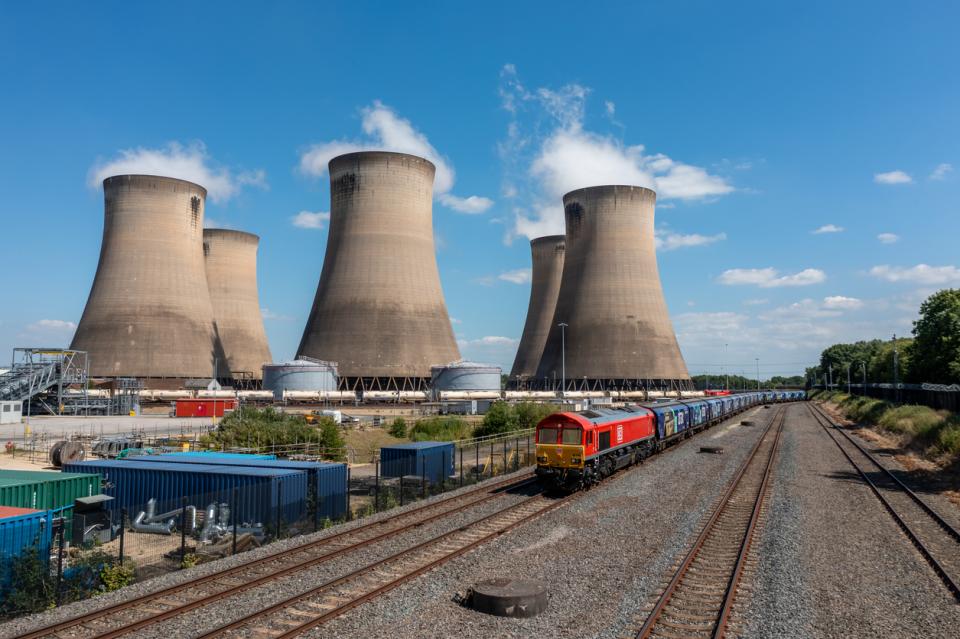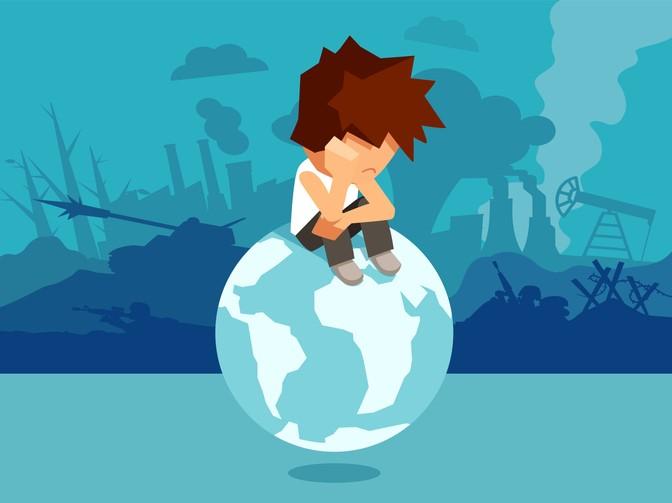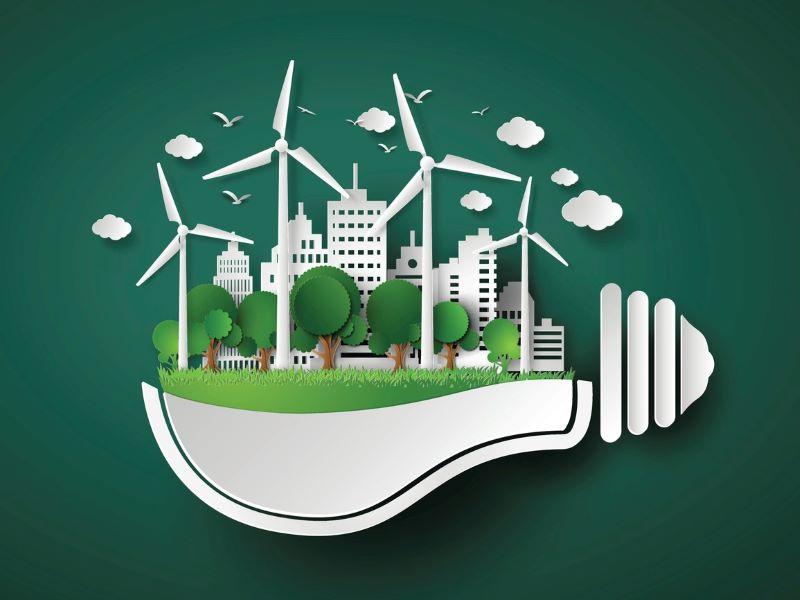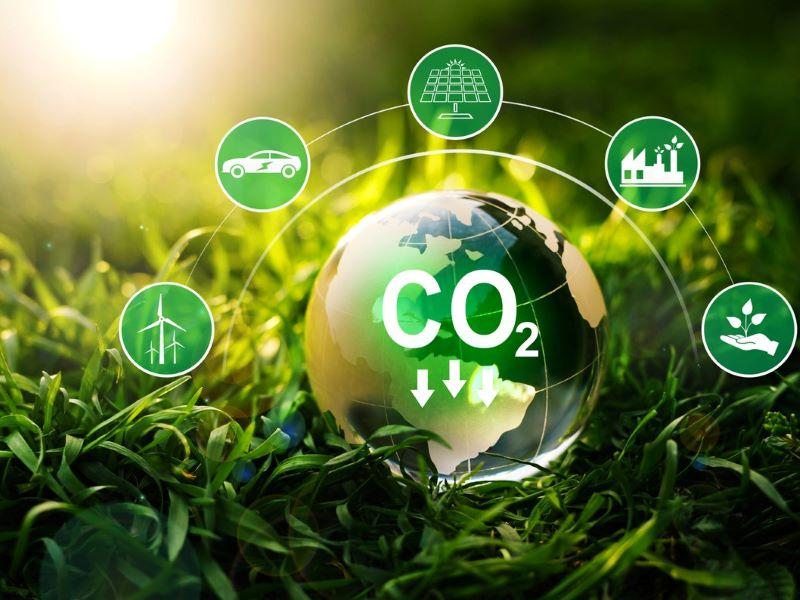“The worth of education must now be measured against the standards of decency and human survival…It is not education that will save us, but education of a certain kind.” - David Orr.
A much wider social mobilisation is needed to impel decision-makers to deal with global heating and the related ecological crisis. This requires activism, advocacy, new careers, and an engagement with policy, details and political power at every level, and in every town, city and state of the nation. This also requires scaling up university education, not only on climate change, but on the climate crisis – a psycho-socio-political-economic analysis of the predicament and what to do.
Based on my experience teaching the climate crisis, proposing a general education requirement in our local academic senate, organising on climate action with students and talking to colleagues at many schools, I see four ways that the scale-up of education is being attempted, or could be:
- Institute an interdisciplinary approach by peppering the climate crisis through many different classes (philosophy, earth science, arts) and ensure that each student gets several of those classes. This has the downside of requiring a lot of coordination and increasing time-to-degree.
- To minimise extra effort, expense or time-to-degree, require students to pick one from a list of existing classes that deal with climate change. Unfortunately, this provides a narrow view. A more ambitious plan of broader education would install a committee that specifies criteria for classes to be on the list; criteria that include the components discussed below.
- Require a generic “Introduction to Climate Change” class, the kind already taught in many schools by earth scientists. While students in this class will have a strong grounding in the physical facts of climate change, they are unlikely to be exposed to the sociocultural-political dimensions or develop any sense of what to do about it.
- Teach a broad spectrum curriculum through one class, covering the history, current and projected impacts and causes of climate change and potential solutions. The challenge for scaling this is that it requires teachers who feel competent delivering this broad spectrum content. Yet, if institutions take the imperative seriously, they could achieve this with workshops and graduate student stipends.
- Resource collection: Universities’ role in the climate change battle
- ‘Embrace messiness’: how to broker global partnerships to tackle the Sustainable Development Goals
- Resource collection: How universities can work towards the SDGs
Whatever approach is taken, it should help the student find answers to these five questions:
Is adaptation enough or must we still struggle to leave fossil fuels in the ground?
Our societies and infrastructure must adapt, but this is not easily achievable for people in the Global South who are already struggling. In any case, continuing to emit at present rates means we risk breaking through 1.5 degrees of heating in a sustained fashion in the early 2030s, which could soon lead to climate tipping points being passed, resulting in methane “bombs” from permafrost thaw and the collapse of the Amazon. This argues it is critical to still struggle now to leave fossil fuels in the ground.
What policies do we need to leave fossil fuels in the ground?
Students need practical insight into changes in agriculture, consumption reduction and the renewable energy transition such as electrification of buildings, transportation and industry, provided by renewable energy sources with storage. This material has to be discussed along with alternative technical approaches such as nuclear, carbon capture, carbon offsets and pricing. Discussion must be done through a climate justice lens which is alive to the extractivist mentality that brought us the climate and ecological crisis in the first place. Technical approaches must be compared by cost, speed and amount of environmental damage and exploitation Yes, the Inflation Reduction Act escalates the renewables transition but it also expands the fossil fuel industry. We cannot save the world without a confrontation with that industry.
What are the barriers for those policies to be implemented?
The barriers that need to be discussed in class include: the decades-long campaign by fossil fuel and investor-owned utilities to seed doubt over man-made climate change; greenwashing by organisations that promote sustainable practices while relying on fossil fuels; the everywhere-evident social licence to keep on polluting, be it planes dragging adverts through the sky to garbage trucks emblazoned with “powered by clean natural gas”; the social norms that make many of us feel entitled to high carbon intensity lifestyles; and the obsession with economic and institutional growth.
A fundamental issue to highlight is that many policy goals are set way too little, way too late, and use “net zero” and “carbon neutral” language that tends to license more extraction now on the promise of removing atmospheric carbon later. Even when local elected officials promise climate action, they scarcely implement it – not only due to entrenched interests but because they are not impelled by the public.
How can we help overcome those barriers locally?
Beyond scepticism about the human cause of global heating, many people are sceptical that they can mount a useful response, or that any response is possible by their community. Students can be encouraged to overcome this skepticism, and model new social norms, by engaging in individual actions such as electrifying a home, shifting personal banking, reducing consumption and being a good climate communicator. They can be taught how individual actions done in concert with many others does become system change. Above all, they can be taught and encouraged to practise collective action, using the principles of organising theory, social movement theory and the psychology of collective action. Local collective action is critical to drive policy implementation for buildings, transportation and grid electricity, and for ensuring that the renewables transition happens as much as possible under democratic as opposed to for-profit control.
Why is it worth acting locally when this is a global problem?
Some people do little because they expect that internationally binding resolutions or federal and state action will drive local policy: a global to local theory of change. By contrast, acting locally has a different theory of change: flowing from local to national to international. Motivating this local theory of action requires covering the United Nations climate process, the politics of national climate action, and above all, the history and social science of environmental and social movements. For example, covering the story of how the Nixon-era regulations of the 1970s and the Inflation Reduction Act of last year were partly triggered by local action.
Saving the biosphere requires going beyond teaching students about the climate predicament itself: they must develop core knowledge about the kind of energy transition that is worth fighting for in timescales that matter. They must understand the blocks to policy, and they must build their belief, partly through practice, that local collective action can help give us the social tipping point that forestalls climate tipping points.
Adam R. Aron is professor of psychology at the University of California, San Diego.
This advice is drawn from his textbook, The Climate Crisis: Science, Impacts, Policy, Psychology, Justice, Social Movements.
If you would like advice and insight from academics and university staff delivered direct to your inbox each week, sign up for the Campus newsletter.




comment1
(No subject)